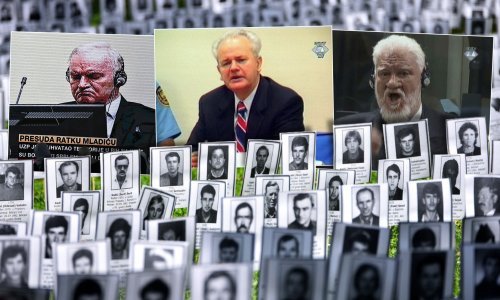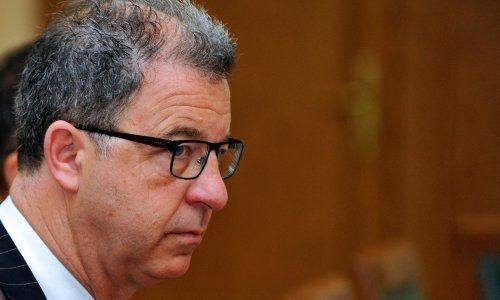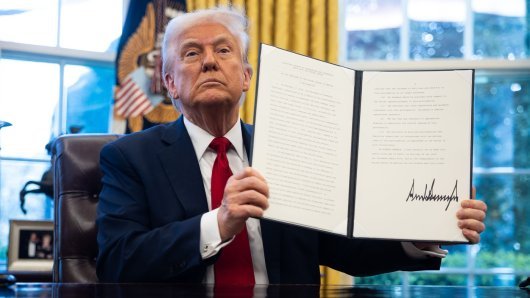Member of European Parliament Doris Pack said in Zagreb on Wednesday that Croatia was continually fulfilling obligations from its EU accession talks and that she was confident that the chief prosecutor of the Hague war crimes tribunal would acknowledge that Zagreb was fully cooperating with the tribunal.
Pack made the statement in a lecture on Croatia's EU entry talks and further EU enlargement, held at Zagreb's Ivo Pilar Institute.
Serge Brammertz, the chief prosecutor of the Hague war crimes tribunal for the former Yugoslavia, is visiting Croatia this week ahead of his regular report to the UN Security Council on the cooperation of the countries in the region with the UN tribunal.
Whether the European Commission will greenlight the opening of negotiations on the policy chapter Judiciary and Fundamental Rights in Croatia's EU accession talks depends on Brammertz's assessment of the country's cooperation with the tribunal.
Pack said that Croatia had successfully resolved its border dispute with Slovenia and that it was on the right track with regard to the fight against corruption. Pack believes that Croatia's accession talks and future EU membership will be a strong message to the region.
Fears that after Croatia the EU will close its doors are unfounded, Pack said, adding that further expansion to Southeast Europe depended on each country's individual achievements.
Speaking of Serbia, she said that the country would not be admitted to the EU until it started cooperating fully with the Hague tribunal and handed over war crimes indictee Ratko Mladic.
Speaking of Greece's blocking Macedonia's progress towards NATO and the EU, Pack called it a disgrace, and she used the same term when speaking of the fact that only members of the Croat, Serb and Bosniak peoples in Bosnia and Herzegovina can run in elections for members of the country's collective state presidency.
Croatia's chief negotiator in the country's talks with the EU, Vladimir Drobnjak, said that Croatia's accession talks could not be compared to the accession talks of other EU newcomers, citing as an example the policy chapter 23 (Judiciary and Fundamental Rights), which he said had not existed before.
"To go through such negotiations means to be fully prepared. The process is more demanding and more difficult, but eventually better," Drobnjak said.
He added that Croatia was close to the completion of its accession talks and the beginning of its full membership of the EU.
The lecture "Talking Europe - Croatia's Accession and Further EU Enlargement" was the first in a series of lectures and round table discussions on admission to the EU and the EU enlargement process, organised together by the Ivo Pilar Institute and the regional office of the Konrad Adenauer Foundation.




































